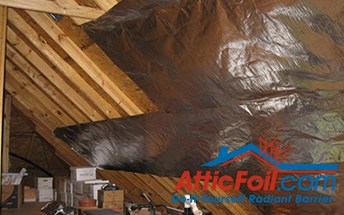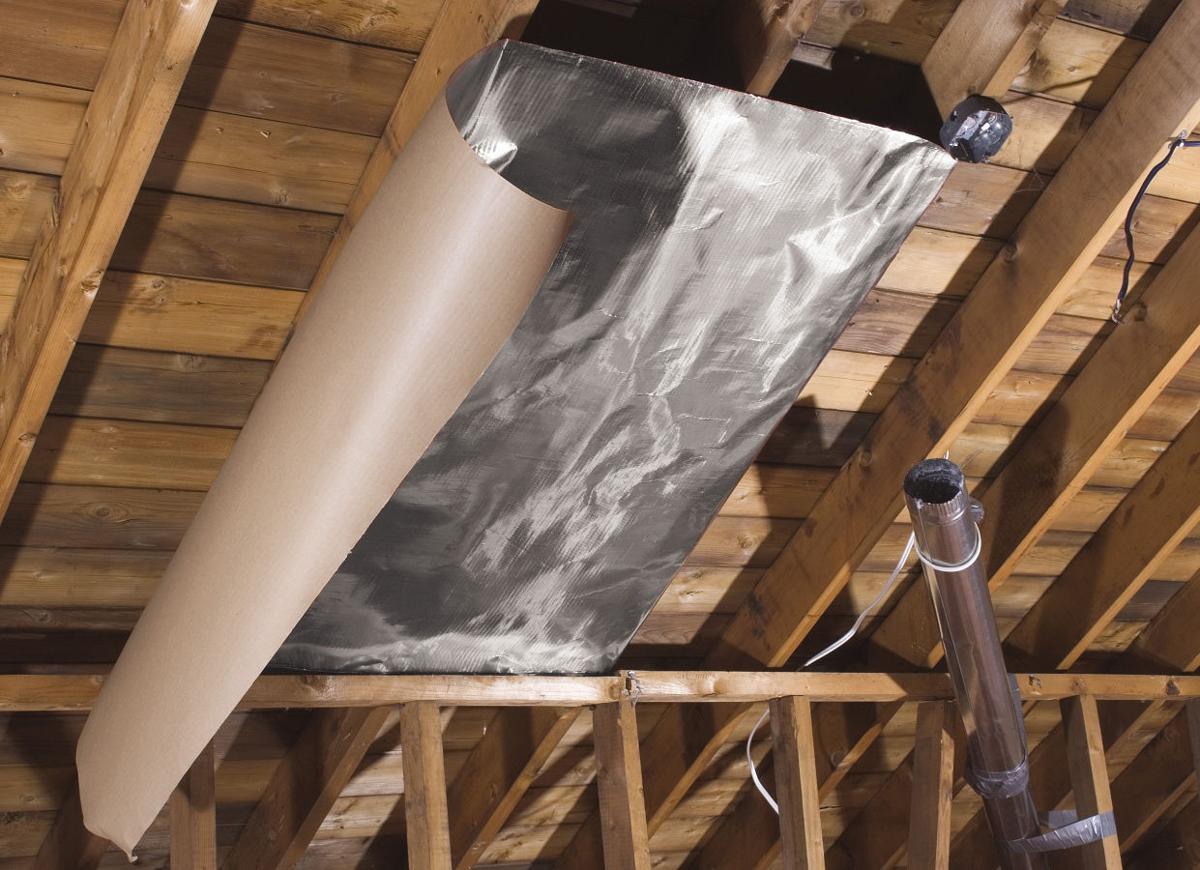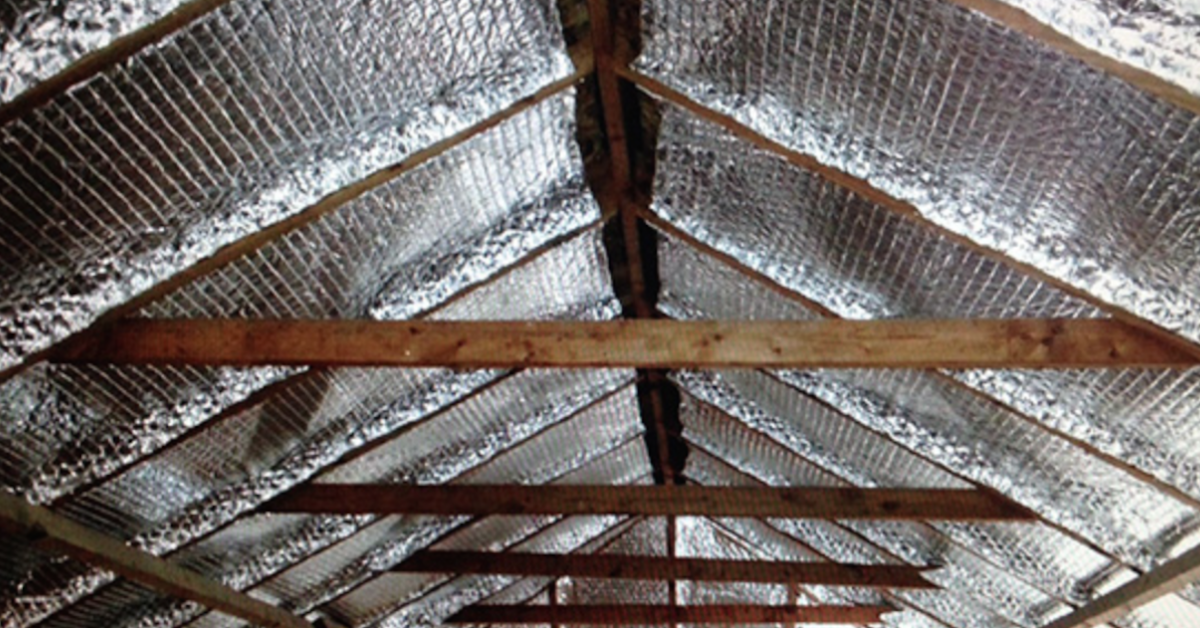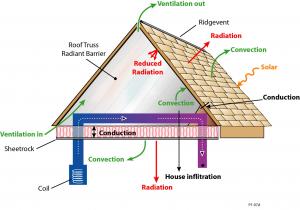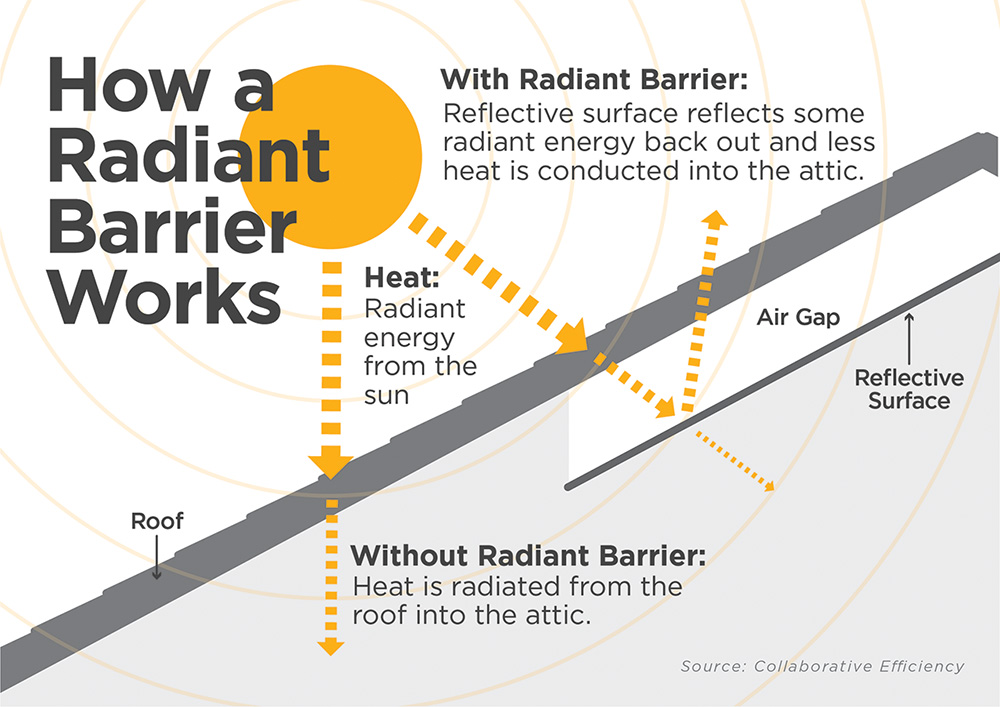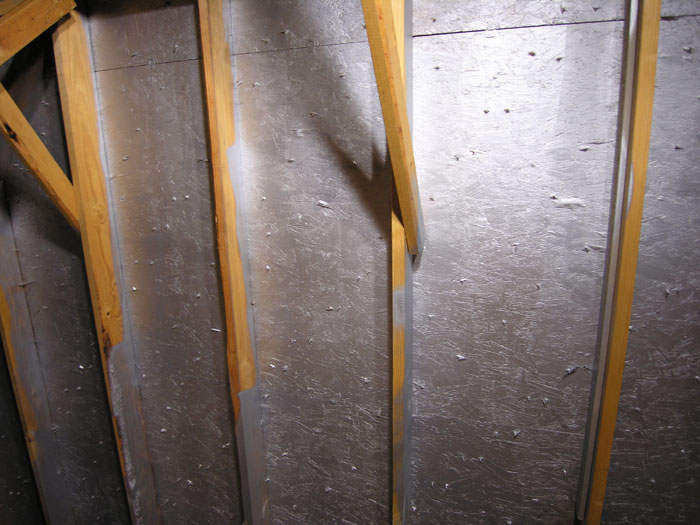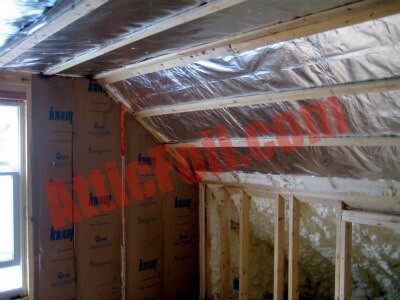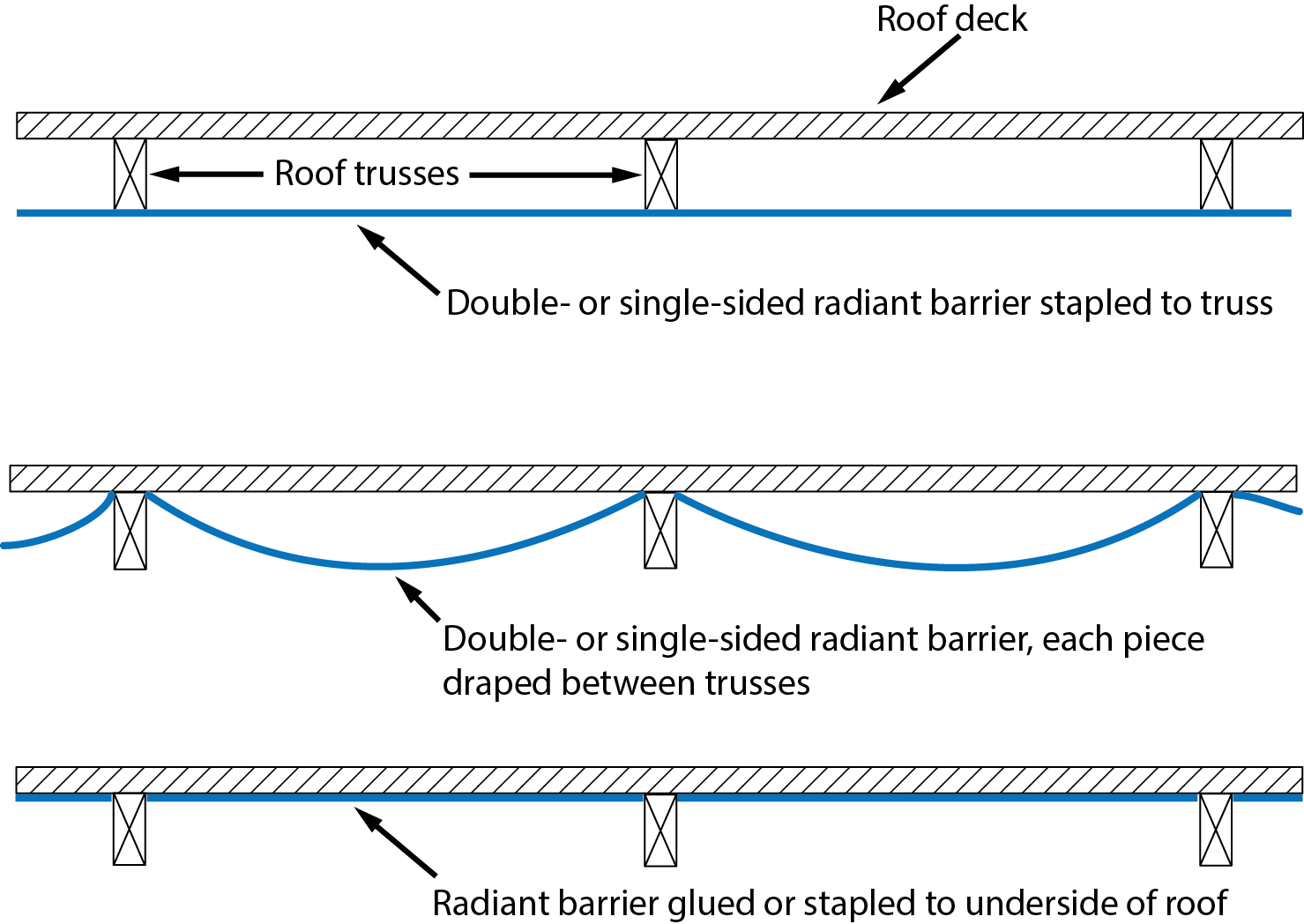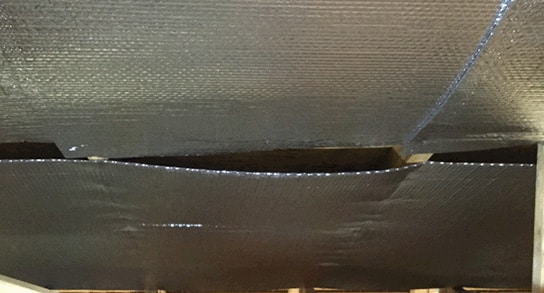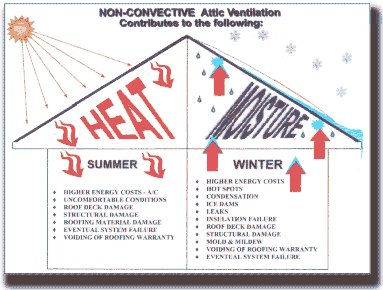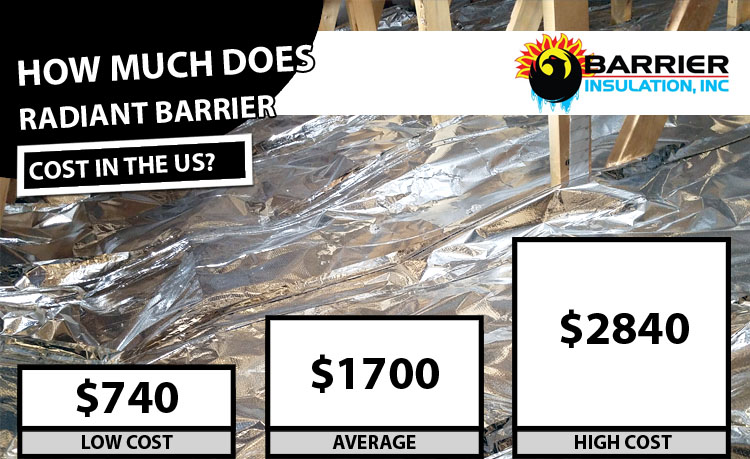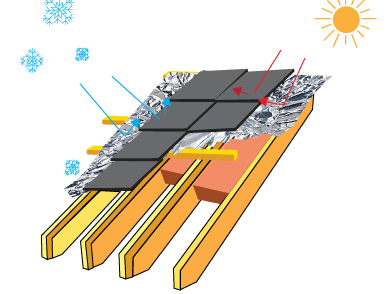Florida solar energy center conducted a study on radiant barrier and shingle temperatures and found that the roof increased in temperature by only about 5 degrees at the hottest point of the day when the heat was entering and exiting the roof.
Radiant heat barrier attic shingle damage.
2 thoughts on does radiant barrier damage roof shingles.
This is a valid concern based on the concept of what a radiant barrier is designed to do.
In theory if your roof never got any hotter than the outside air temperature then a radiant barrier would not be needed.
One common question or concern about installing a radiant barrier is whether it will cause the shingles to heat up and get damaged or.
Some studies show that radiant barriers can reduce cooling costs 5 to 10 when used in a warm sunny climate.
Savings equal the difference of the layer of foil blocking 97 of the radiant heat gain that you are currently allowing 100 of to enter the home.
We take a look at how radiant barriers work the different types of radiant barriers and some of the.
Both upward to the sky and downward into the attic.
You cannot apply shingles directly on top of a radiant barrier product and still have a radiant barrier.
The roof absorbs radiant heat from the sun but air flow either wind or attic ventilation has a cooling effect on the roof and helps bring down the overall temperature.
Please feel free to share the reflective materials you are writing about in case any of our readers are interested.
Since it is installed under the roof it is reasonable to conclude that additional heat buildup will result in the shingles and possibly cause.
It is essentially intended to reflect radiant heat away from the attic.
A radiant barrier is a type of building material that reflects thermal radiation and reduces heat transfer because thermal energy is also transferred by conduction and convection in addition radiation radiant barriers are often supplemented with thermal insulation that slows down heat transfer by conduction or convection.
Will radiant barrier damage my shingles.
Radiant barriers are utilized to reduce summer heat gain in attics and help to improve the efficiency of green building envelopes.
A radiant barrier can lower heat transfer from attics to the building below keep the attic space cooler and lower cooling costs by up to 17 in warmer climates.
Radiant barriers are more effective in hot climates than in cool climates especially when cooling air ducts are located in the attic.
Our radiant barrier will greatly reduce the radiant heat that builds up in your shingle roof from penetrating into your attic and taxing your hvac system.
Radiant barrier is a way to get heat out of the attic for those of us that have a 25 to 30 year roof and are not looking to replace the roofing materials.
A radiant barrier reflects heat radiation radiant heat preventing.
In cool climates.
The cooler a roof is the less radiant heat it emits.
The effect of radiant barriers on shingle temperatures.
The reduced heat gain may even allow for a smaller air conditioning system.

